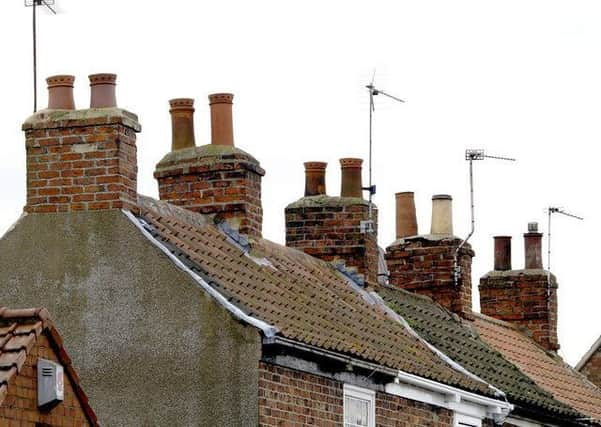Chimney fire warning as temperatures drop


Ross Garner, Home Insurance Specialist at NFU Mutual, said: “We’d urge anyone with a multi-fuel stove, woodburner or open fire to ensure their chimneys and flues are kept clean, well maintained and swept on a regular basis by a professional chimney sweep.”
The insurer has warned that wood burning or multi-fuel stoves, which reach high temperatures, can also increase the risk of fire with thatched properties, as they send more live sparks and embers out of the chimney. Homeowners should also avoid burning waste paper on the fire and ensure that they only burn seasoned, correctly stored hardwood and use the stove according to manufacturer instructions.
Advertisement
Hide AdAdvertisement
Hide AdRoss continued, “Many homeowners do not appreciate the costs of re-building a property, particularly if it is listed, so it is important that people check their buildings and contents are properly insured should a fire occur.”
NFU Mutual has provided a checklist to keep your home safe:
• Chimneys should be routinely checked or surveyed to ensure that they are structurally sound, well-maintained and able to cope with the demands of modern heating appliances;
• Your chimney should be swept by a professional chimney sweep at least twice a year if it is in use frequently or all year round;
• Your chimney lining (if you have one) should also be regularly inspected and renewed when needed, especially when the main fuel is wood, as tar deposits are highly combustible and corrosive. A qualified chimney sweep should be able to identify potential problems at an early stage;
Advertisement
Hide AdAdvertisement
Hide Ad• Only burn seasoned hardwood or materials according to manufacturer specifications;
• Fit a bird guard to deter birds from building nests in your chimney;
• Check the electrical system throughout your home;
• Speak to your local fire safety officer for further advice about fire prevention.